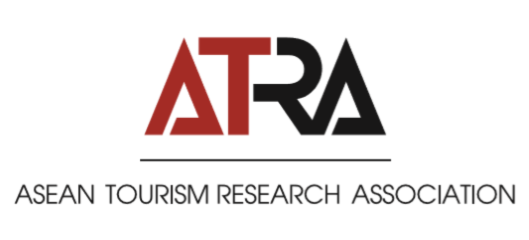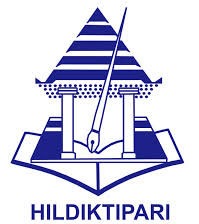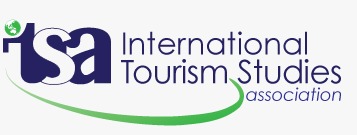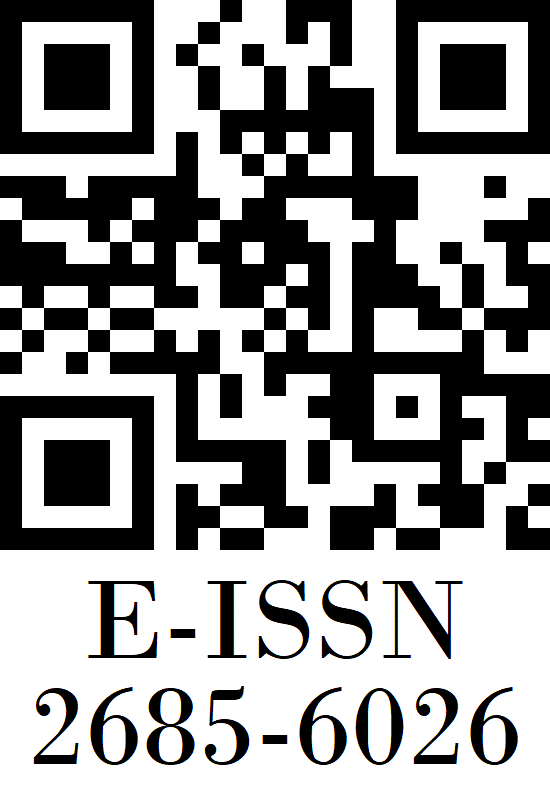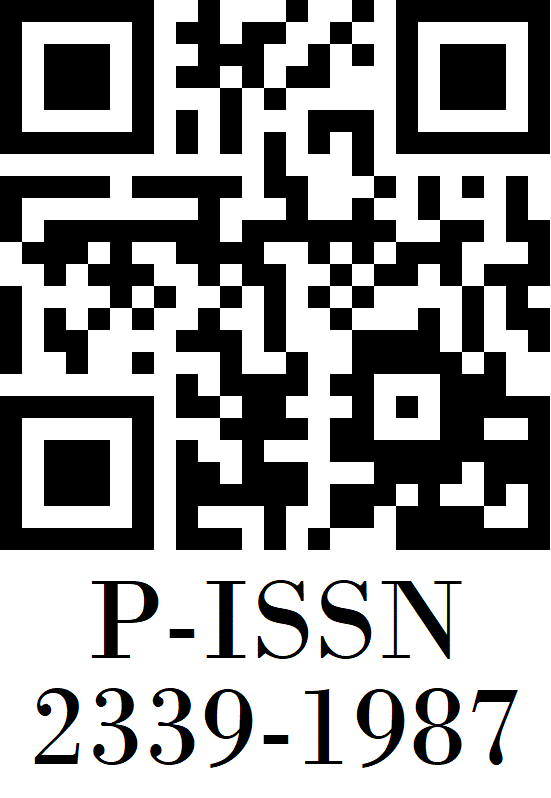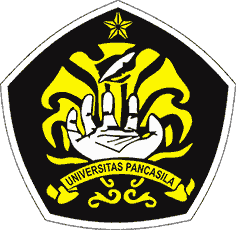ADAPTATION STRATEGY OF PT. NUSANTARA TOUR & TRAVEL IN FACING THE COVID-19 PANDEMIC
DOI:
https://doi.org/10.35814/tourism.v11i2.5251Keywords:
Strategi Adaptasi, PT. Nusantara Tour, Pandemi Covid-19Abstract
The tourism sector is one of the industries that has suffered huge losses from the COVID-19. Pandemic has resulted in almost all businesses in the tourism sector being forced to close or suspend their businesses because there are no tourists traveling and consumer purchasing power has dropped dramatically. The impact can also be seen from the travel agency business where this agency is a service to provide tour packages and tourism-related consultations to tourists and the pandemic was able to force many bureau businesses to be forced out of business. Even so, there are several tourism businesses that continue to run their business, namely PT. Nusantara Tour and Travel DP Mall Semarang branch. The research method used was qualitative with data collection techniques through interviews with managers of Nusantara travel bureaus. From the 4 strategies undertaken, it can be concluded that the Indonesian travel agency has survived to this day by imposing 50% work, 50% unpaid leave during a pandemic, dismissing employees whose contracts have expired and who are considered lacking in terms of work performance, conducting related training developing the skills and knowledge of its employees as well as taking a personal approach to its customers
References
Basrowi. (2008). Memahami Penelitian Kualitatif. Jakarta: Rineka Cipta
Bray, J., & Sturman, C. (2001). Bluetooth: Connect without wires. Upper Saddle River, NJ: Prentice Hall
Damardjati, R.S. (2010). Istilah-Istilah Dunia Pariwisata. Jakarta : Pradnya Paramita
Drajat, H. (2020). Travel Agent Terancam Tutup. Link : https://venuemagz.com/news/travel-agent-terancam-tutup/
Fandy, Tjiptono. (2011). Service Management Mewujudkan Layanan Prima. Edisi 2. Yogyakarta: Andi
Hasibuan, Malayu S.P. (2006). Manajemen Dasar, Pengertian, dan Masalah, Edisi Revisi. Bumi Aksara : Jakarta
Ismayanti. (2010). Pengantar Pariwisata. Grasindo: Jakarta
Kemenparekraf/Baparekraf RI. (2021). https://kemenparekraf.go.id/
Lodico, G, Marguerite, Dean T. Spaulding, Katherine H. Voegtle. (2011). Methods in Educational Research From Theory to Practice San Fransisco. Jossey Bass.
Miles, M.B, Huberman, A.M, & Saldana, J. (2014). Qualitative Data Analysis, A Methods Sourcebook, Edition 3. USA: Sage Publications. Terjemahan Tjetjep Rohindi Rohidi, UI-Press
Moleong, L. J. (2010). Metodologi Penelitian Kualitatif. Bandung: PT Remaja Rosdakarya
Morris, M. H., Schindehutte, M., & LaForge, R. W. (2002). Entrepreneurial marketing: a construct for integrating emerging entrepreneurship and marketing perspectives. Journal of Marketing Theory and Practice, 10(4), 1-19.
Parsons, Talcott. (1975). The Present Status of “Structural-Functional” Theory In Sociology. In Talcott Parsons, Social System and The Evolution of Action Theory New York: The Pass Perss
Pearce II, John dan Richard B. Robinson, Jr. (2008). Manajemen Strategis Edisi 10 Buku 1 (terjemahan Yanivi Bachtiar dan Christine). Jakarta: Salemba Empat.
Pendit Nyoman, S. (2002). Ilmu Pariwisata Sebuah Pengantar. Jakarta: Pradnya. Paramita
Priyanto, R., Qinthara, R.F., Abdul Ghani, Y.A. (2021). Analisis Dampak Pandemi Covid-19 Terhadap Penjualan Layanan Wisata. Jurnal Manajemen Jasa
Semarang Satu Data (2021)
Fandy, Tjiptono. (2011). Service Management Mewujudkan Layanan Prima. Edisi 2. Yogyakarta: Andi.
Tseng, Y.C., Kuo, S.P., Lee, H.W., & Huang, C.F. (2004). Location tracking in a wireless sensor network by mobile agentsand its data fusion strategies. The Computer Journal, 47(4), 448–460
Wulandari, A. (2012). Pengembangan Motorik Kasar Melalui Permainan Tradisional Gobak Sodor di TK Pertiwi, Karanganyar.




